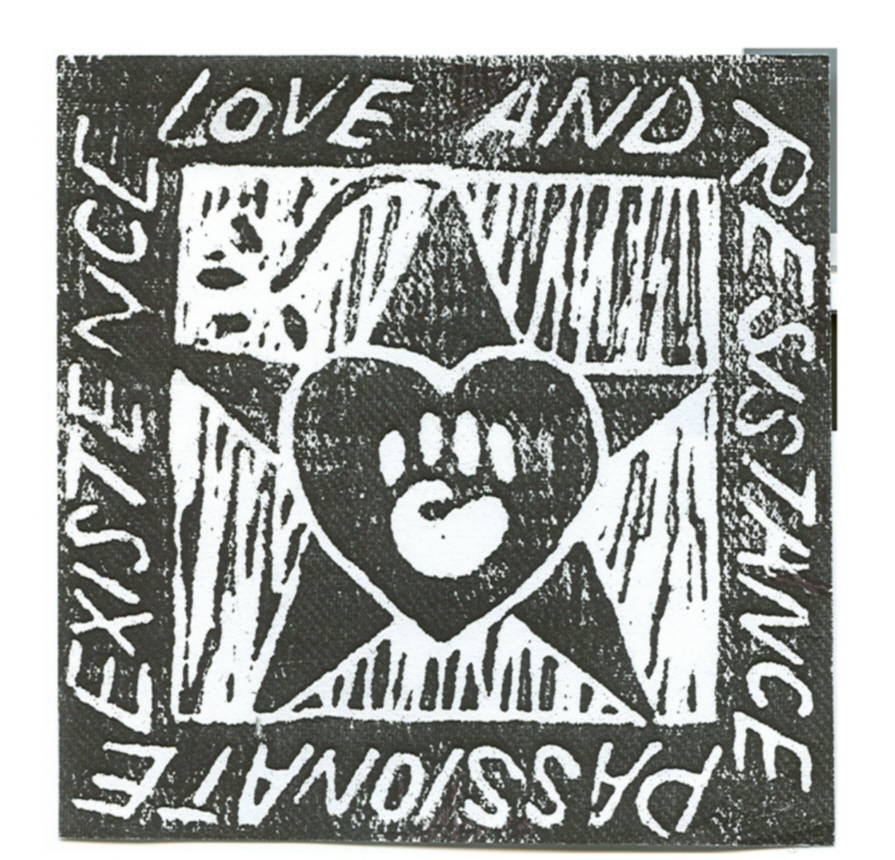Theresa Wolfwood, June 2005
I asked on a list serve recently that members consider and respond to a question about what each thought was the greatest obstacle to peace in their country/region and how they could respond to this.
I have pondered what I would answer to this question. I have decided that the greatest barrier to peace, globally and personally, everywhere, not just in my region, is the violence perpetrated on one half of humanity by the other half.
I believe that this war on women is the root of the acceptance and glorification of violence in human society. If men can kill and abuse the women who give them life and bear their children, it is easy for them to justify the death of other people who they don’t know – of other races, ethnicity, religions or regions. Killing becomes a career – it is honoured everywhere. Destruction of our life-giving environment becomes part of the glory. Physical resources of “Mother Earth” are pillaged to wage war.
Women are killed, raped, beaten, abused, terrorized, ignored, discounted, humiliated and ridiculed precisely because they are women. This violence takes many forms.
Women are now the main victims in war. Rape as a weapon of war is accepted and acknowledged – not challenged. Unarmed civilians – women, children, infirm and elderly are 90% of those who die in war, armed soldiers are only 10%. Women as the base of culture and community life are uprooted and dispossessed; this forced movement destroys societies and displaces traditional wisdom and knowledge, women loose not only security but status. Their traditions become devalued in refugee camps and other cultures.
Arundhati Roy has said, “Peace is War.” By that she means that the daily existence of many women is a battleground. The struggle to just survive and eat enough is one part. Many women live in fear of physical violence. Women are the majority of the world’s poor, they own little property and earn far less than men. In Canada, women doing the same work as men earn 70% of men’s wages. Economic survival is a battlefield.
Last summer I visited the memorial to the 14 Montreal women, murdered in 1989, in front of Vancouver’s bus/ train depot. They were murdered by a man who hated feminists, he said, and resented that women would study engineering.
Many women are forced to work in the sex trade – a necessity, it seems for men, yet men do not respect or protect, personally or in law, the women who labour to serve them. There is a brick in the circle around the Montreal women’s memorial that reads: “In memory of the women of Vancouver’s Eastside. We dream of another world when the war on women is over”.
The women of Vancouver’s Eastside are the poor, marginalized and unprotected women of the sex trade; many of them are aboriginal women, who are abused by police as well as their customers. Over the last few years many women just disappeared from this area, the tally is about 70 now. The police were not interested in looking for prostitutes; eventually family and friends publicized these disappearances and a police investigation began that ended in a suburban pig farm where the DNA remains of dozens of women were found in the muddy ground. A trial is finally under way.
I am a woman of privilege by the accident of place and ethnicity of my parents; yet I too have experiences that are common, but painful, in our society, because I am female.
If women suffer in the workplace and in war zones – they suffer most of all in the home; home is the most dangerous place to be. There the war on women rages everywhere. 10% of Canadian women are beaten in the home; 70% in Uganda. In Canada, the majority of women murdered are killed by spouses, family or partners.
In many countries these murders are accepted and condoned they are even called “honour killings.” In Pakistan, 3 or 4 women die every day – murdered by family members. I met a woman last year who is now dead.
Please consider my thoughts and work for peace in the home, workplace, in public and private, as well as in national and international military conflict. It is important that we all use our skills, experience and energy to end this war on women. I use the ability to present ideas and actions in words and visual images as I seek to find meaning in this world during the years I have left. I believe we have to recognize and work to eliminate systemic violence and injustice everywhere in order to create peace. TW
Please read the article: A Woman named Allessia



